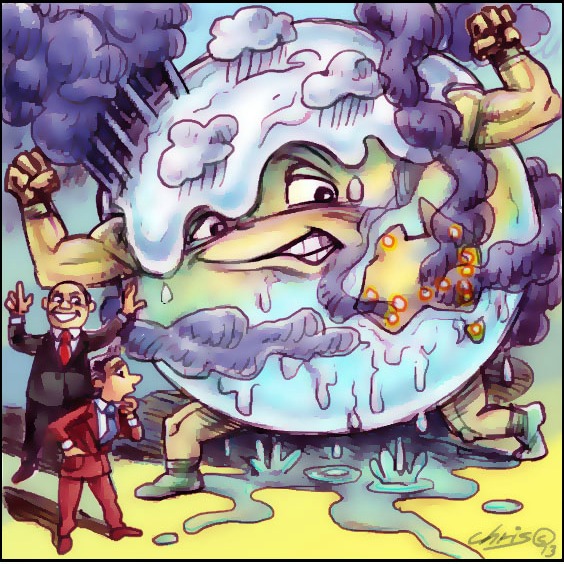Wind and solar only have lower operating costs when you consider electricity as a commodity.
Electricity is a service. Time of delivery is arguably more important than cost; certainly it cannot be dismissed as a non-issue.
Wind and solar generate lots of cheap electricity at times when wholesale prices are very low, or even negative. They generate almost no electricity when wholesale prices are high.
The cost of generating electricity does not depend on the wholesale price, so I do not understand your point as stated. I believe you have the implied causation in the wrong direction - wholesale prices for electricity are low when there is lots of wind and solar electricity and wholesale prices are high when there is not.
I did not write that wind and solar should completely replace other forms of electric power. Right now, that would be foolish. Just like it would be foolish to embrace nuclear power and forego wind and solar power altogether. But wind and solar power can supplement nuclear power (and maybe someday in the far future, replace it) without the risks from nuclear power.
The risks from wind power are about the same as from nuclear (though nucear has a slight edge); Solar is rather riskier than either. So what, exactly, would be the benefit of replacing nuclear with wind or solar "one day", assuming that it ever becomes practical to do so?
As to cost vs price, it doesn't matter which way the causation operates; The result is that wind and solar cost more than they are worth, except when they're not actually available, at which time it doesn't matter how cheap they are.
Making ice cream is really cheap in the depths of winter. But nobody wants to buy it. Making ice cream in summer is more expensive, but there's a market for it. Wind and solar are like making ice cream without refrigerators - you can do it, very cheaply, but only when the market is small and easily saturated. If you want ice cream in the summer, you need refrigeration. Now, you could make ice cream cheaply in winter, and then store it until summer; But if you're going to use refrigeration, you might as well use it to make ice cream when the demand is there.
Refrigeration in this analogy is another power source - gas, nuclear, coal, or hydroelectric.
Wind and solar in small amounts, and in niche applications, are fine. But trying to generate more than about 15% of your electricity from these sources just causes more harm than good. As the Germans have clearly demonstrated.
If wind and solar could be made to produce sufficient electricity for a developed nation with low greenhouse gas emissions and at a reasonable cost, then the VAST investment in them by Germany would have done this by now. But German electricity isn't low emissions, and it isn't cheap. Observation trumps theory; France has cheaper and cleaner electricity than Germany, and it's therefore obvious that to get cheap clean power, we need to emulate the French model, not the German one.
We need not theorise that wind and solar might be better; The experiment has been done. In a decade, nuclear power can drop CO
2 emissions from the electricity generation sector well below 100gCO
2eq./kWh. With more than twice the capital investment, and over more than twice the time, wind and solar have utterly failed to achieve close to that level of emissions reductions.
Results matter. Emissions matter. Costs matter. Not cherry-picked results; Nationwide results from real countries in the real world. If wind and solar could do as well as nuclear, then they would have. And they haven't.
They're not as cheap. Not as safe. Not as reliable. And not as clean.
Perhaps they are cheap, safe, and clean on their own; But they are reliably intermittent, and intermittent supply needs something to fill the gaps. That's not something that can reasonably be ignored or swept under the rug.
Nuclear power can do it all. It's better than the alternatives, on almost every measure. Only fossil fuels come close to matching nuclear for reliability, but we have (I assume) agreement that the emissions problem they pose is insurmountable.
Intermittent renewable power generation implies and requires something else for when there's no wind, or no sunshine. Right now, the only really viable somethings are gas, and to a lesser extent, coal. Which are exactly the things we are trying to get rid of.
Batteries will fix the problem. If they get six or seven orders of magnitude better and cheaper, and if we can make vast numbers of such batteries without destroying the environment to do it. This, like controlled fusion power, is at least twenty years away, and always will be.
If you want safe, clean and reliable electricity, you want nuclear power.
Electricity that's safe and clean, but not reliable, isn't a solution to the problem of powering our civilisation without destroying our environment, because while it may manage the second part, it fails to achieve the first.


